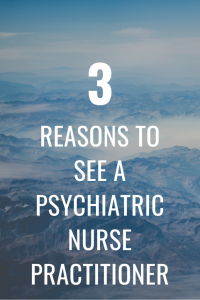
My Meds Aren’t Working
If you are currently on medication, DON’T stop or change your medications on your own Making an appointment with a certified Psychiatric Nurse Practitioner is a safe place to begin any lifestyle changes.
Every med has side effects and withdrawal symptoms. They range from uncomfortable to dangerous. If you are feeling that your medication is not working or making you feel worse, you need to see your provider.

Nurse Practitioners have been trained to help you manage medications and explore other areas of your life that may be making your medications less effective. Talking to an NP may reveal causes of your anxiety or depression that have not yet been discovered.
Find a provider who is ready to listen and help with your circumstances.
My Anxiety is Getting Worse
 Another reason to see a Psychiatric Nurse Practitioner is related to life stressors. There are many factors that make life difficult in normal circumstances. With all of the challenges of living in the world of COVID 19, things can seem overwhelming. Focusing on the problems may come naturally. Anxiety and fear can begin to affect or moods and even physical health. A Psychiatric Nurse Practitioner can help you develop coping skills and lifestyle changes that may help you through these times. Learning that you can develop skills within yourself to do more than just make it is empowering. An NP or qualified therapist can work with you to find and use new ways to cope.
Another reason to see a Psychiatric Nurse Practitioner is related to life stressors. There are many factors that make life difficult in normal circumstances. With all of the challenges of living in the world of COVID 19, things can seem overwhelming. Focusing on the problems may come naturally. Anxiety and fear can begin to affect or moods and even physical health. A Psychiatric Nurse Practitioner can help you develop coping skills and lifestyle changes that may help you through these times. Learning that you can develop skills within yourself to do more than just make it is empowering. An NP or qualified therapist can work with you to find and use new ways to cope.
Find a provider to help you build tools to navigate life.
I’m Not Sleeping
Medication problems, fears, anxiety and other related issues can rob us of our sleep. As mentioned in our previous article, Sleep is Vital, physical and mental health requires restful sleep. Because Nurse Practitioners understand the mind-body connection to wellness, they can help you explore ways to help get better sleep.
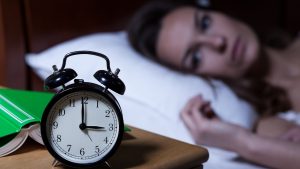
Don’t wait until you are miserable from lack of sleep before contacting a Nurse Practitioner or Therapist.

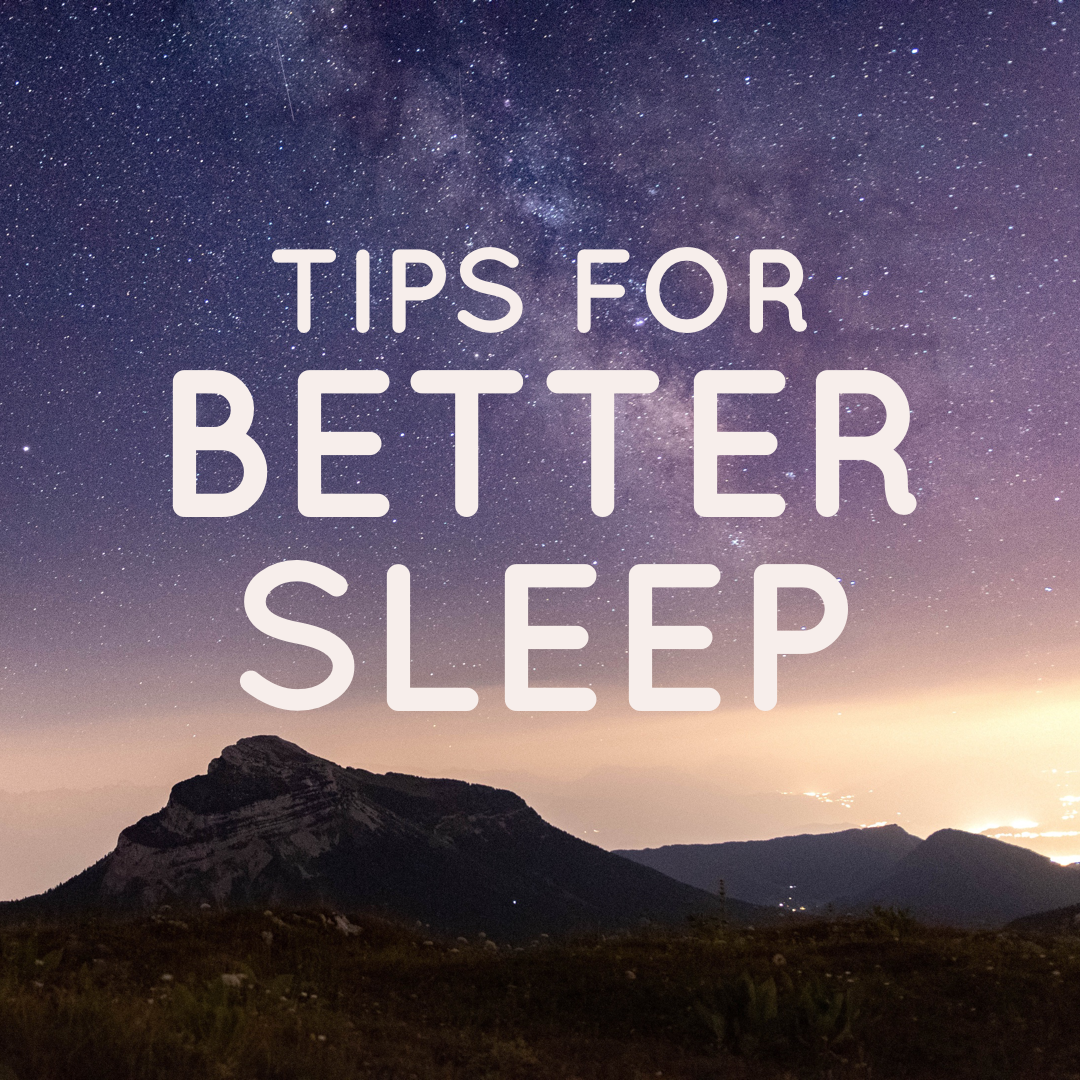
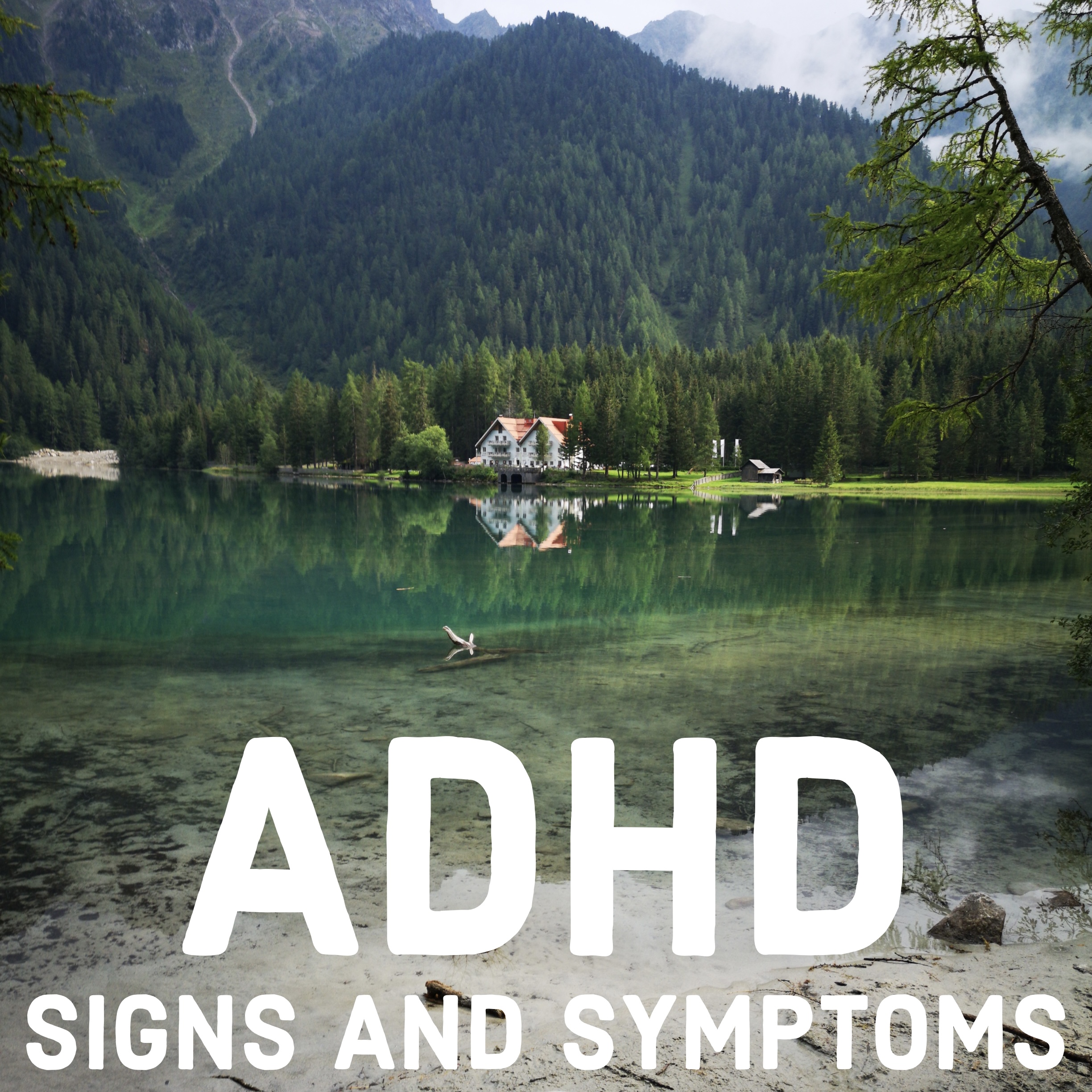
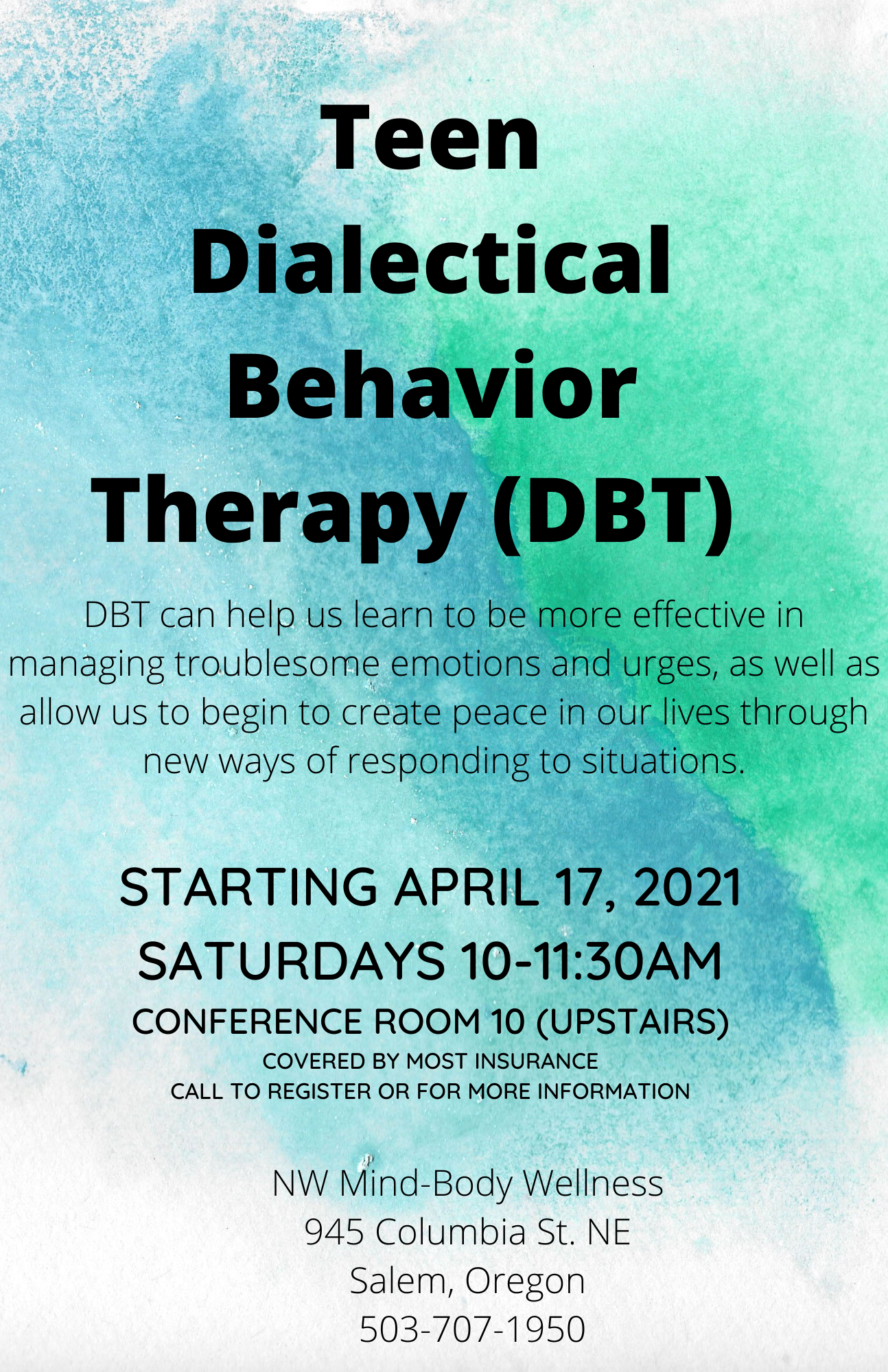




 Another reason to see a Psychiatric Nurse Practitioner is related to life stressors. There are many factors that make life difficult in normal circumstances. With all of the challenges of living in the world of COVID 19, things can seem overwhelming. Focusing on the problems may come naturally. Anxiety and fear can begin to affect or moods and even physical health. A Psychiatric Nurse Practitioner can help you develop coping skills and lifestyle changes that may help you through these times. Learning that you can develop skills within yourself to do more than just make it is empowering. An NP or qualified therapist can work with you to find and use new ways to cope.
Another reason to see a Psychiatric Nurse Practitioner is related to life stressors. There are many factors that make life difficult in normal circumstances. With all of the challenges of living in the world of COVID 19, things can seem overwhelming. Focusing on the problems may come naturally. Anxiety and fear can begin to affect or moods and even physical health. A Psychiatric Nurse Practitioner can help you develop coping skills and lifestyle changes that may help you through these times. Learning that you can develop skills within yourself to do more than just make it is empowering. An NP or qualified therapist can work with you to find and use new ways to cope. 
